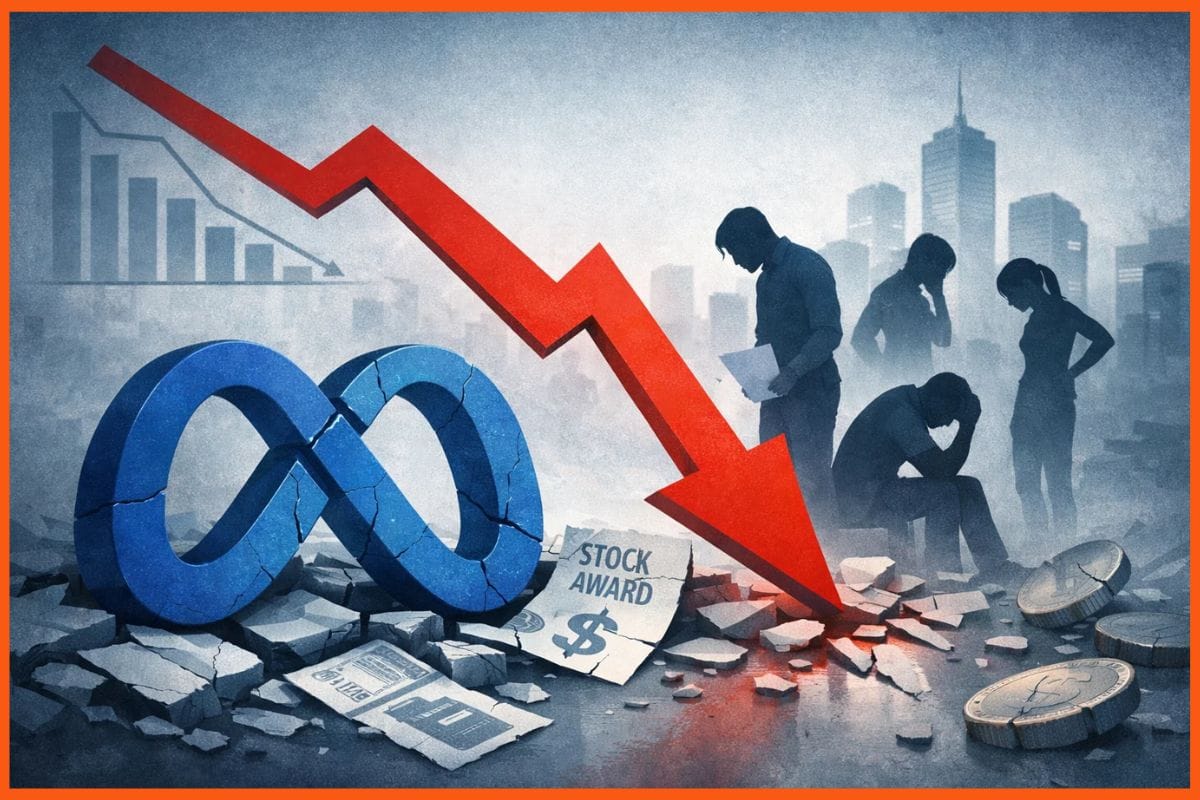China Shrugs Off Tariff Threats as Markets Rebound Across Global Indices

While global markets appeared buoyed by the latest signs that U.S. tariff threats might pull back temporarily, China maintained a placid public demeanor. A senior official with Chinese customs went so far as to say that the real crisis in exports existed in the imaginations of American commentators. In fact, countering any notion of an imminent Chinese export collapse, the official said, was necessary not just for public relations but for maintaining social harmony.
Investor sentiment brightened upon news that some tariffs on electronics would be lifted. But the brightness seems to be momentary. The Trump administration keeps sending semiconductor- and smartphone-related muddled signals. Meanwhile, China keeps saying that it is ready for all of this, that it has already diversified its supply chains sufficiently and has boosted internal consumption enough to be safe from U.S. actions.
Tech Uncertainty Lingers Despite Exemptions
Global equities experienced immediate relief following the Trump administration's decision to not put additional tariffs on certain high-tech consumer goods like smartphones and laptops. But subsequent remarks from U.S. Commerce Secretary Howard Lutnick injected more uncertainty into the markets. He suggested that these goods could be subject to tariffs, after all.
Trump insisted that no country or company would escape scrutiny under his administration. But it was really his insistence that phones and the like were under a 20% tariff, with potential for increases, that kept global equities on edge.
This ambiguity influenced tech stocks around the world, with traders trying to understand in a global and national context the polemics and politics that make for policy direction. Firms like Sony, for instance, have already taken the necessary steps, raising prices on popular consumer items like the PlayStation 5 in several markets, citing economic pressure from the trade dispute.
Global Stocks Surge Despite Policy Jitters
Global markets advanced as investors shifted their attention from policy short-termism to look at the bigger economic picture. In Asia, Japan's Nikkei climbed 1.2% and Hong Kong's Hang Seng surged 2.2%. Meanwhile, the main Chinese markets also had a good day: the Shanghai Composite rising 0.8%; the Shenzhen index, 1.2%.
The result gained momentum in Europe, where big indices enjoyed comparable upturns. London’s FTSE 100 soared 2.1%. Germany’s Dax squeezed out a 2.6% increase, while France’s Cac 40 notched a 2.4% rise. The strength seen in these large European indices was then passed along to Wall Street, where the S&P 500 and Dow Jones both enjoyed a 0.8% increase, while the Nasdaq Composite added a 0.6% bump.
Domestic Consumption: China’s Strategic Cushion
In reaction to U.S. actions, China accentuated its increasing dependence on domestic consumption as a bulwark against worldwide uncertainty. The most recent customs report trotted out China’s extensive internal market as an economic stabilizer. That, officials say, is what demand of such immense proportions does for a country: It protects you from outside forces.
During a visit to Vietnam, President Xi Jinping condemned the rising trade tensions and cautioned that protectionism would boomerang back on everyone involved. China's message to the world, as the 90-day cease-fire on the broader tariffs approaches its conclusion, is straightforward: It will stand firm, adapt and not increase tensions.
Must have tools for startups - Recommended by StartupTalky
- Convert Visitors into Leads- SeizeLead
- Website Builder SquareSpace
- Run your business Smoothly Systeme.io
- Stock Images Shutterstock




